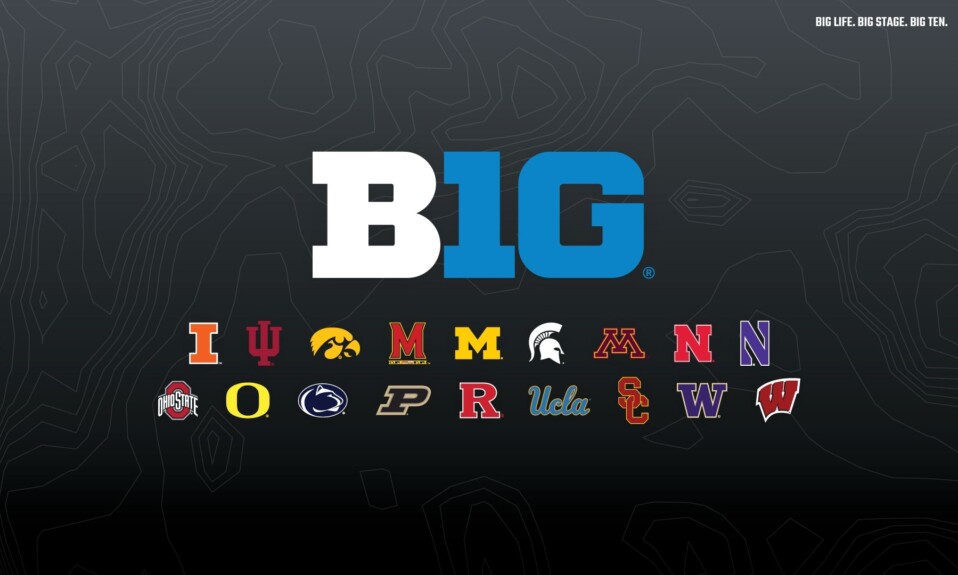The Atlantic Coast Conference is officially expanding.
The ACC Board of Directors announced it voted Friday “to formally admit” a trio of programs: Cal and Stanford of the Pac-12 Conference and Southern Methodist University.
“We are thrilled to welcome three world-class institutions to the ACC, and we look forward to having them compete as part of our amazing league,” ACC commissioner Jim Phillips stated in a release. “ Cal, SMU and Stanford will be terrific members of the ACC and we are proud to welcome their student-athletes, coaches, staff and entire campus community, alumni and fans.”
The announcement comes after nearly three-plus weeks of discussions surrounding the possible decision to expand and include Cal and Stanford, and later factoring SMU and the “big guns” into the conversation.
The ACC revisited and picked back up conversations in a “series of meetings” last week to reconsider a possible vote to allow the three programs into the conference. A meeting originally scheduled for Monday among ACC presidents was postponed due to the on-campus shooting at North Carolina, according to Nicole Auerbach of The Athletic.
Finally, after much discussion and possibilities, the ACC has its hand involved in conference realignment.
The Big Ten will increase to 18 programs beginning in 2024 and the Big 12 and Southeastern conferences will up to 16 teams apeice in the same year.
SMU will officially join the ACC July 1, 2024, and Cal and Stanford will later join Aug. 2, 2024, according to a release. All three will begin competing in ACC athletics among all sports.
According to Auerbach, North Carolina State “flipped and voted yes” in order to admit the group of three programs, and SMU will receive no ACC television revenue for nine years. Four ACC programs originally voted against the additions of Cal, SMU and Stanford.
According to a release by Florda State, Seminoles university president Richard McCullough stated that there “are many complicated factors that led us to vote no” on adding Cal, SMU and Stanford, and athletic director Michael Alford stated “our vote against expansion does not reflect on their quality.”
The move also leaves the Pac-12 with two member programs: Oregon State and Washington State.
The expansion is a sign of the latest step in an evolving college athletics landscape. More than 2,200 student-athletes will join the ACC from Cal, SMU and Stanford, and the move will “enrich the leagues’ competitiveness in all sports and further demonstrate the ACC’s commitment to broad-based programs for both women and men,” according to a release.
“This expansion will enhance and strengthen the league now and in the future,” University of Virginia President and chair of the ACC Board of Directors James E. Ryan stated in a release. “We greatly appreciate the tireless efforts of Commissioner Jim Phillips throughout this entire process, especially his focus on minimizing travel burdens for student-athletes, and we are excited about the ACC’s collective future.”








